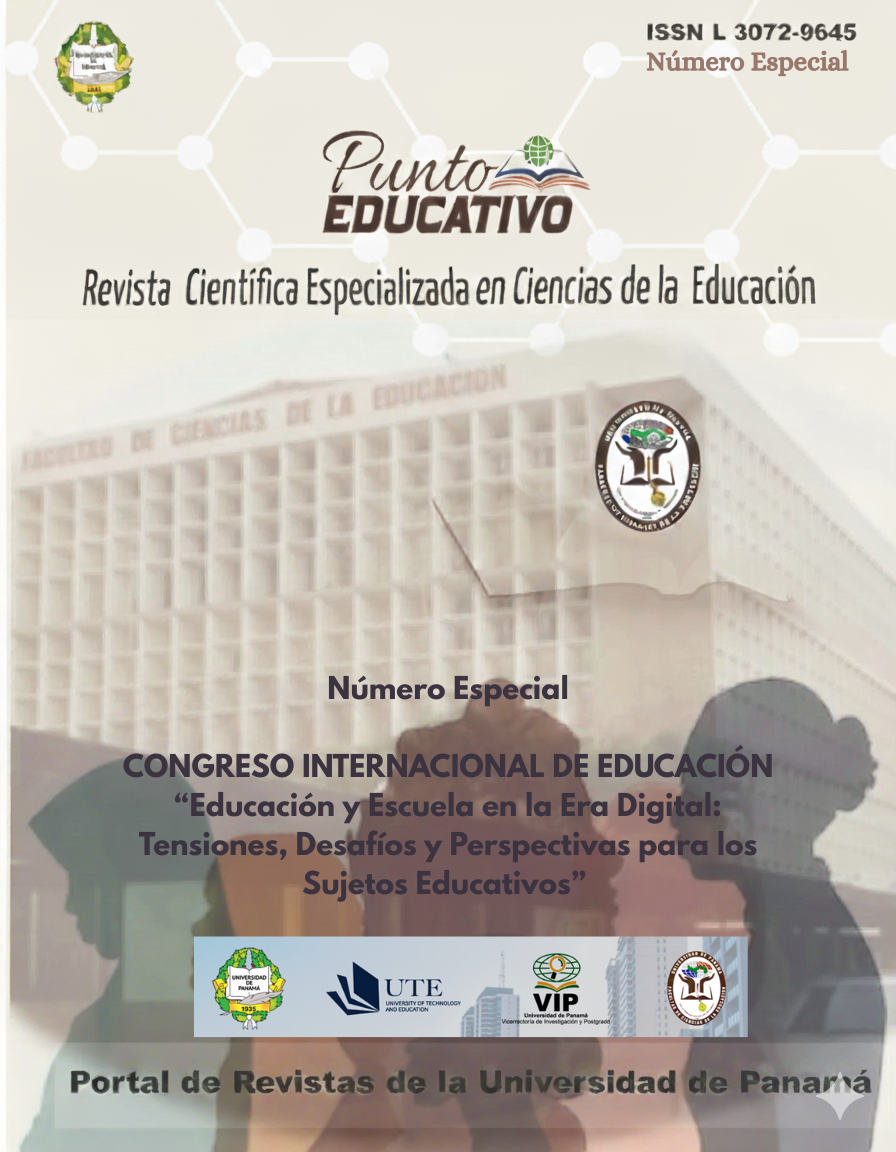

Copyright (c) 2025 Punto educativo

This work is licensed under a Creative Commons Attribution-NonCommercial-ShareAlike 4.0 International License.
This review article arises from the need to reflect theoretically on evaluation and the school curriculum so that the school responds positively and satisfactorily to the challenges, problems and training needs of the knowledge society. Evaluation must be conceived and assumed as a permanent research process that seeks to appreciate, estimate and make judgments about student development processes, pedagogical or administrative processes, as well as their results in order to raise and maintain their quality. Purpose: to base the evaluation and the curriculum to approach its understanding, analyzing the possibilities of intervention in the classroom, and the search for alternative solutions for the strengthening and continuous improvement of the educational teaching process in the school. Methodology: qualitative paradigm, comprehensive interpretive method, documentary research, documentary review technique and content analysis. Results: evaluation continues to be a pedagogical act that quantifies, measures and qualifies results, instead of evaluating and providing feedback on processes; the curriculum does not respond to the characteristics and needs of the context; The educational teaching process is monotonous, unattractive, and does not capture the attention and motivation of students. Conclusions: the evaluative and curricular problem in Latin America, Colombia and educational institutions is complex, challenging and requires alternative solutions, thought out, viable and concrete to understand it, face it and transform it theoretically and practically from the classroom and beyond it, assuming and applying evaluation, curriculum and the educational teaching process as investigative scenarios, complemented with financial, social and political investment.